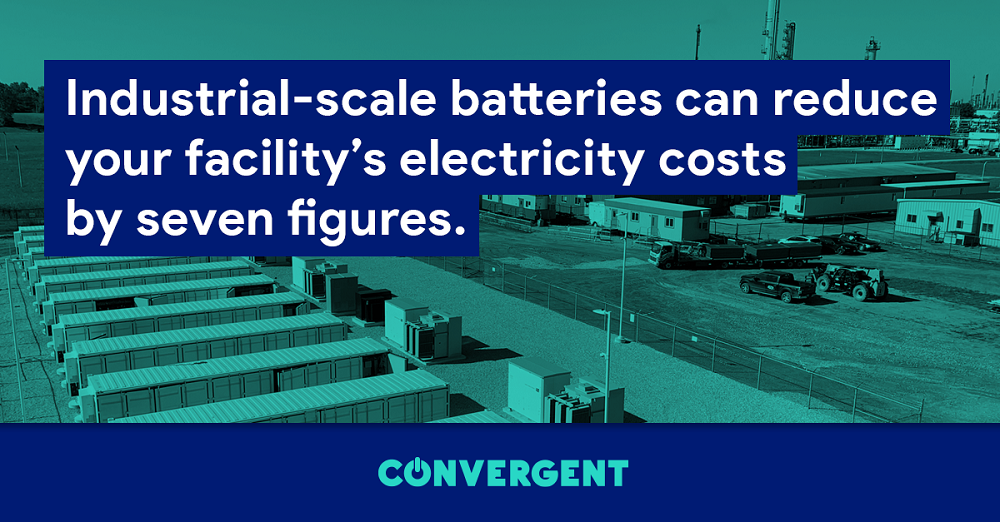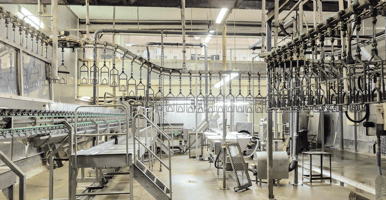Beyond EVs: The Opportunities for Battery Storage in the Auto Industry

Beyond EVs: A Closer Look at Battery Storage
If you work in the automotive industry, you are probably well-versed in the opportunity for electric vehicles (EVs) powered by lithium-ion batteries, which has allowed for the rapid electrification of vehicle fleets both locally and globally. The impact of EVs is everywhere, with BMW recently announcing a goal to double its sales of fully electric vehicles in 2021,1 Lexus promising to deploy an electrified option for all models by 2025,2 and Ford targeting 40% of global sales to be all electric by 2030.3
While we are excited by both the economic and environmental precedents and targets set by these companies, and many others, we cannot help but point out that EVs are only one way that the automotive sector can benefit from lithium-ion battery technologies!
Enter battery energy storage …
The Opportunity for Energy Storage Systems for Automotive Applications
Automotive manufacturers – at any step of the supply chain – can realize savings and reduce GHG emissions through the installation and operation of on-site, behind the meter (BTM) energy storage systems using the same lithium-ion technology that powers electric vehicles.
Here at Convergent Energy + Power, our batteries are installed at no up-front cost to the customer and promise seven-figure savings.

How Automotive Energy Storage Lowers Your Costs and Carbon Emissions
Using a remotely operated asset management platform, Convergent charges the battery system when energy is cheap and dispatches it when utility rates increase to avoid peak demand charges. This can lower a given facility’s electricity bill by as much as 70%! For facilities using millions of dollars a year in electricity, this amounts to substantial savings.
Furthermore, when energy is most expensive, it is also usually at its most carbon intensive. This is because cleaner, renewable assets are not available for use 24/7 and older power plants – usually fueled by natural gas or coal – must ramp up their production to meet high levels of demand.
In other words, battery storage can lower commercial and industrial facilities’ utility bills and carbon footprint with no capital outlay—it’s free, green money.
The Next Phase of Battery Storage Technology
A recent survey shows that 81% of global customers value corporate commitments towards sustainability and environmental improvement.4 The automotive industry has demonstrated its awareness of this trend through electric vehicle initiatives but could do even more at every step of the manufacturing process simply by implementing the same lithium-ion battery storage technology earlier in the supply chain.
Convergent is already helping several leading businesses within the auto industry reduce their costs and carbon emissions—is your facility next? For a customized quote on how much your business will save with battery storage, please reach out today.
1 BMW’s 2021 Goal is to Double the Sales of Fully-Electric Vehicles (thenextavenue.com)
2 By 2025, all Lexus models will have an electrified option – Roadshow (cnet.com)
3 Ford announces goal of 40% all-electric sales by 2030 – here’s why it’s going to have to revise that – Electrek
4 Consumer Preferences Continue to Shift Toward Sustainability, Market Research Shows (triplepundit.com)

Business Development Manager Ruth Lind supports the sales team with originating behind-the-meter projects in the U.S. and Canada.




